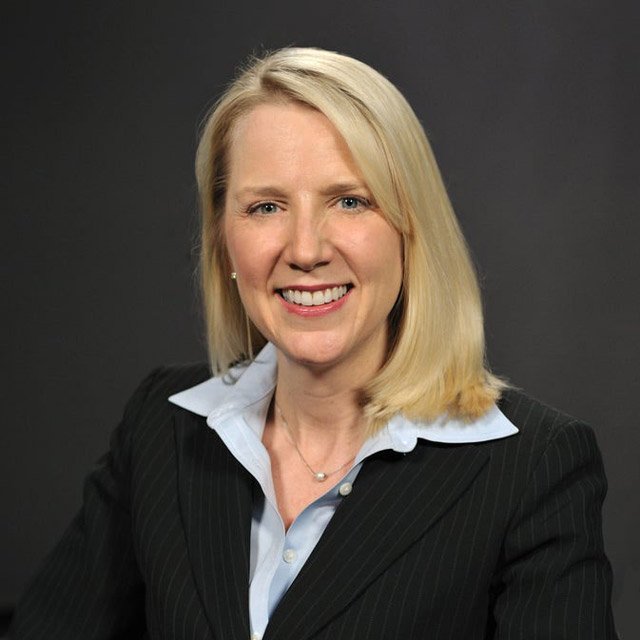How to Reinvest 'Excess' RMDs

What You Need to Know
While most retirees need to spend their RMDs anyway, there are options for those who do not.
Withdrawals can be reinvested in a Roth IRA or taxable brokerage account, Morningstar’s Christine Benz notes.
Conservative investors still should invest up to 40% in equities if they have enough on which to retire comfortably.
Most people already withdraw from their retirement savings — IRAs, 401(k)s, 403(b)s — an amount that is equal to or more than their required minimum distributions, which start at age 72. However, there are those who have to take more money from their savings than they spend. The question is: What should they do with it?
Taking a closer look at RMDs, Christine Benz, Morningstar’s director of personal finance, explored in “How Much Will Your RMDs Be?” the amounts that retirees must withdraw.
The percentage of assets that need to be withdrawn typically will rise as one ages. This is because the account balance tends to shrink.
And the cost of errors is steep. Retirees who miss an RMD or don’t take enough, get hit with a 50% tax on the amount that isn’t distributed. So if an RMD is $40,000, and they only take $35,000, they will be taxed 50% on that $5,000 they left in their account. This is in addition to other taxes.
As Benz says, “You can’t avoid the tax bill on RMDs, but there’s no reason you can’t reinvest any RMDs you don’t need back into your accounts — an IRA if your earned income covers the contribution amount or, more typically, a taxable brokerage account.”
Where to Invest?
Taxable brokerage accounts are a viable option, as are Roth IRAs (depending on earned income limits) or charity, Benz said. But in this “decumulation” period, where are some of the best options to invest?
“A really important question in terms of how you should invest in your 70s is where you sit in terms of accomplishing whatever your retirement goal, or goals is,” said David Blanchett, managing director and head of retirement research at PGIM DC solutions. “If you have more than enough to live off of for the rest of your (and your spouse’s life) and aren’t really concerned with any kind of bequest, you can likely be relatively conservative (call it 20-40% equities, with the remainder in relatively low duration and high quality fixed income).




